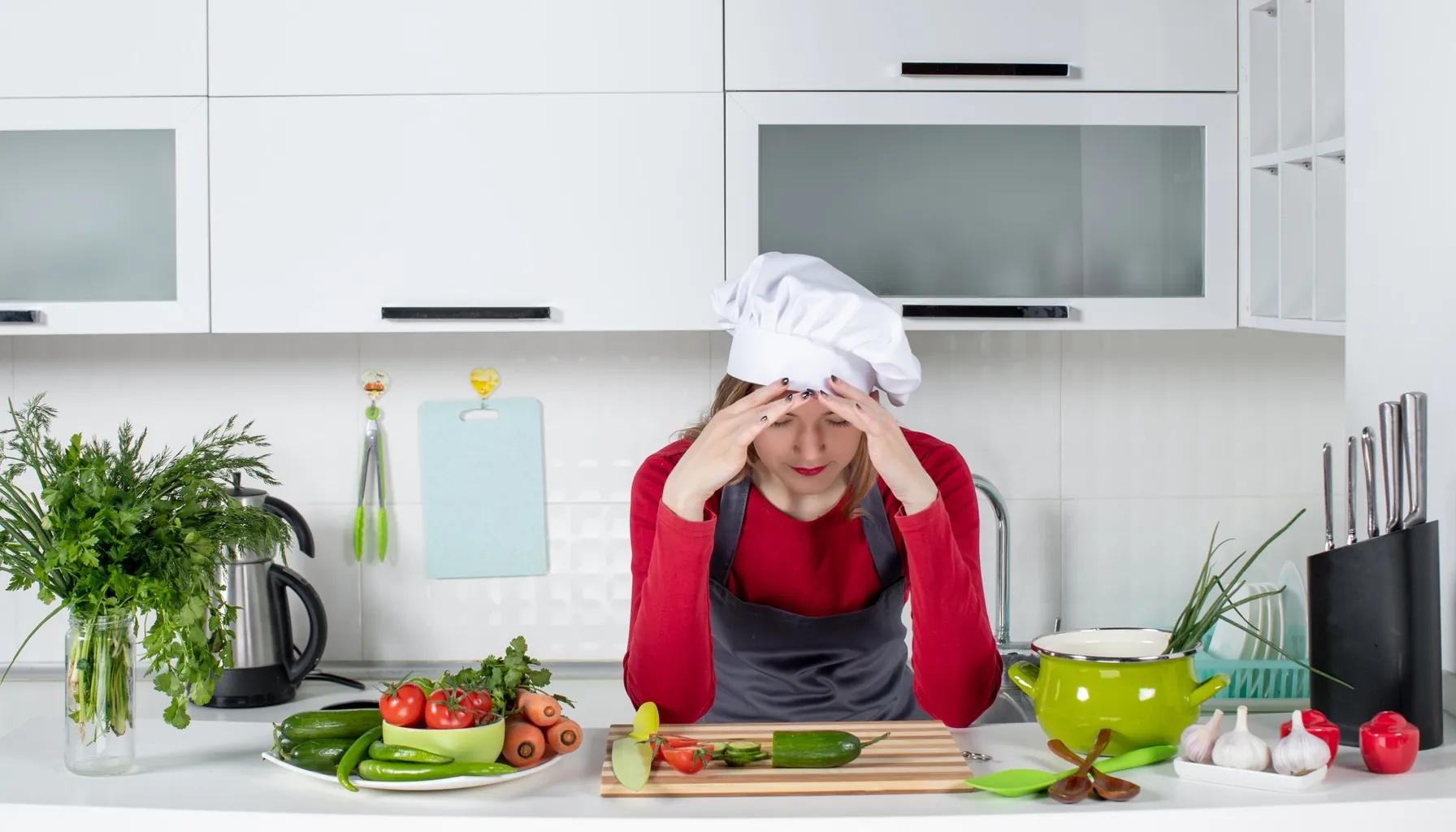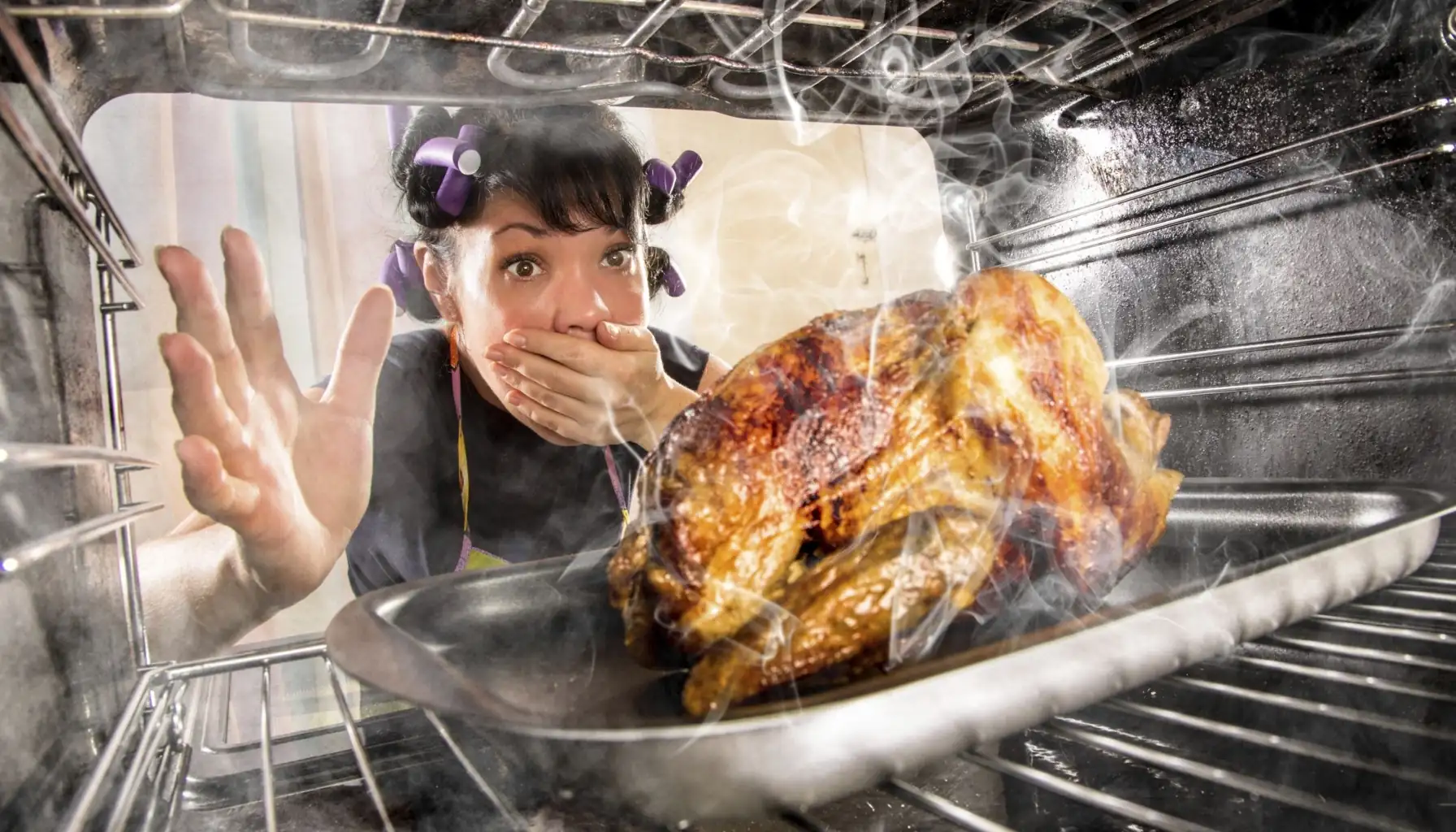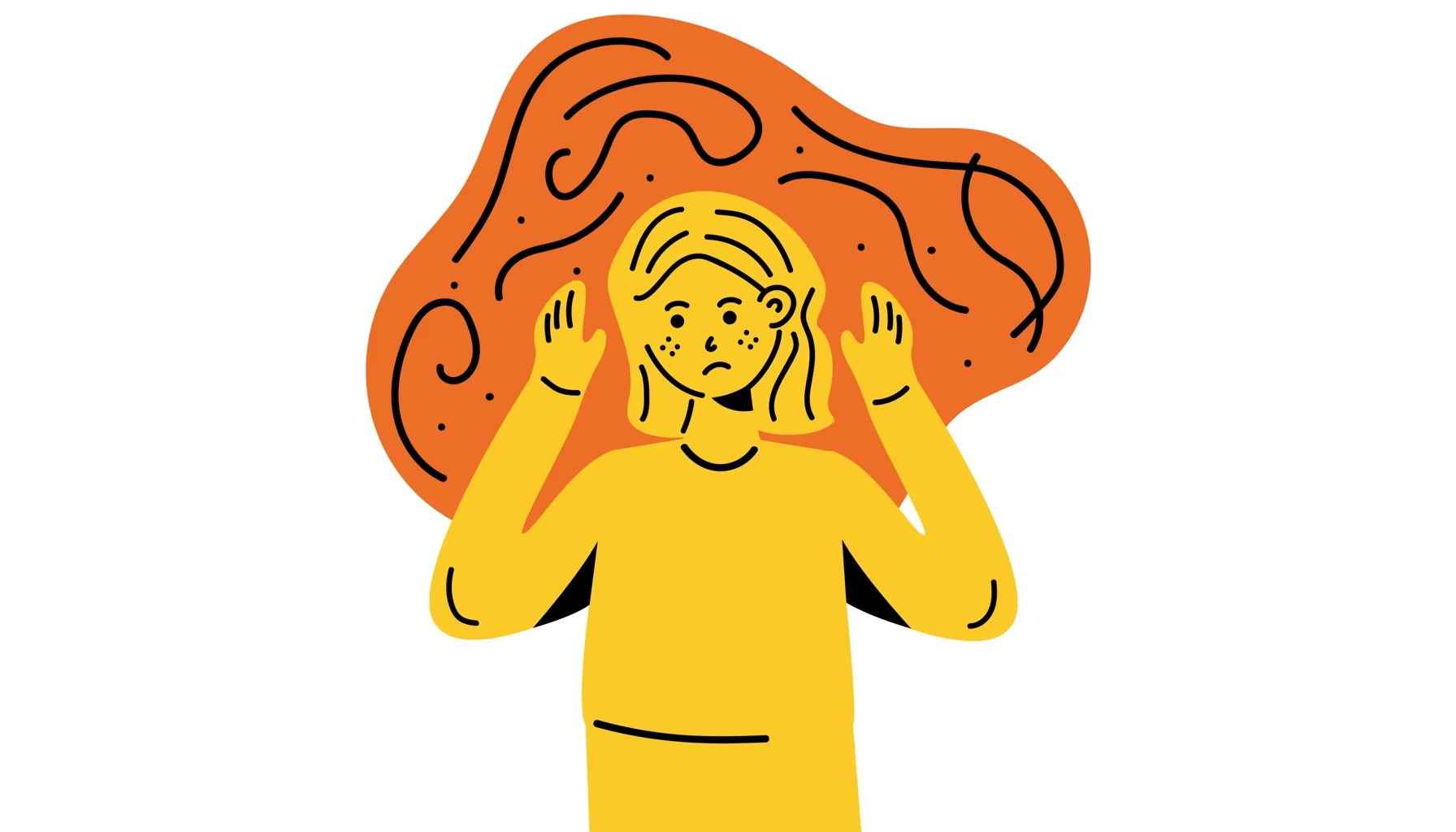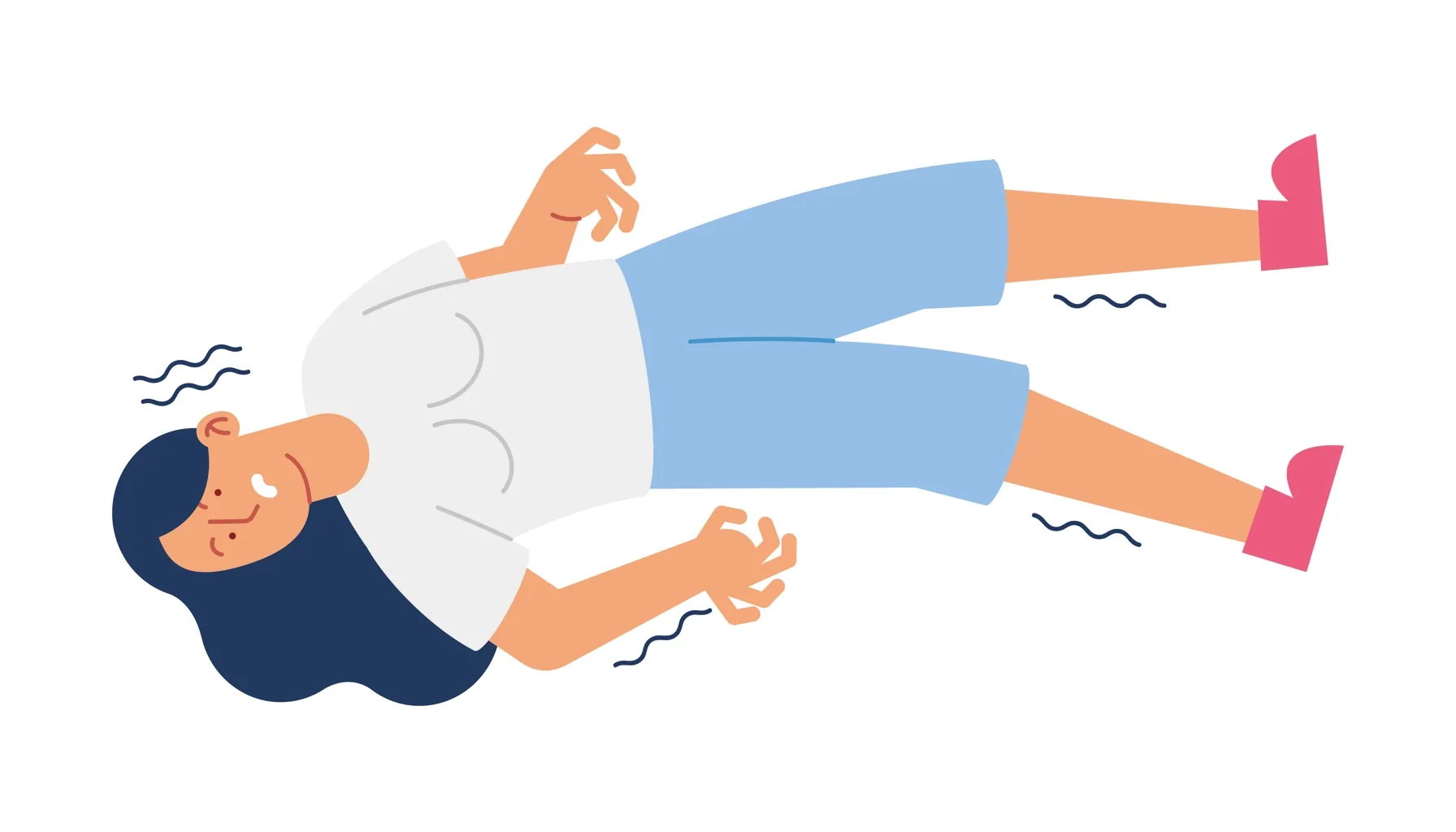Mageirocophobia Meaning: Definition, and Causes of the Fear of Cooking

Have you ever felt a knot of dread tighten in your stomach at the thought of preparing a meal?
If so, you might be experiencing Mageirocophobia, a specific phobia that affects many individuals. Understanding this fear, and exploring techniques such as cognitive training, is the first step toward addressing it.

Mageirocophobia Is the Fear of What
So, what is Mageirocophobia? The term itself might sound unfamiliar, but it's a recognized phobia, rooted in the Greek words "mageiros" (cook) and "phobos" (fear). Mageirocophobia definition centers on an intense and irrational fear of cooking or preparing food.
This fear can range from mild anxiety to full-blown panic attacks when confronted with the prospect of cooking, or even being near a kitchen. Such extreme reactions can be indicative of underlying genetic anxiety disorders, and the distress can be so extreme that it impacts one's daily life, limiting social activities and dietary choices.
It goes beyond simply disliking cooking. It involves a debilitating anxiety that can be triggered by a variety of factors, such as the thought of cooking, seeing cooking equipment, or even smelling cooking smells.
It differs from the simple dislike of a task, because it creates significant distress and avoidance behaviors. This phobia is related to other specific phobias, where the threat is perceived as high and uncontrollable.
What Is This Fear About?
At its core, it's the fear of the process of cooking. This encompasses everything from recipe reading and food preparation to the use of cooking equipment and the potential for failure.
The fear often stems from the perception of a lack of control. The cooking process involves numerous steps, with many opportunities for error, leading to anxiety about the outcome and the potential for embarrassment, or worse, perceived danger.
Many people experience intense anxiety around the anticipation of cooking, or the potential for the food to be unsatisfactory.

Causes
The reasons behind the development of Mageirocophobia are as varied as individuals themselves.
Personal Experiences | Negative experiences in the kitchen, such as accidental injuries, past food poisoning, or public criticism of one's cooking skills, can be major triggers. |
Social Factors | Societal expectations and pressures surrounding culinary perfection can be overwhelming. |
Environmental Influences | Growing up in environments where food preparation was associated with stress or trauma can predispose someone to developing this phobia. |
Sometimes, past encounters in the kitchen can be really negative. Accidents, like getting burned or cut, can create a lasting impression. Also, experiencing food poisoning can lead to lasting concerns about the safety of food.
Being publicly criticized for the way you prepare a meal can also have a negative impact, causing doubt and anxiety about your abilities. All these types of instances can become associated with the act of food preparation.
Our society often sets high standards for food preparation. We see beautifully crafted dishes in magazines, online, and in social media, making it seem like everyone can do it perfectly.

This can create a lot of pressure to succeed and reach a certain level of culinary mastery. The expectations from family and friends can add to this, leading to a feeling of not measuring up, even if you are doing something simple.
The environment we grow up in can play a significant role. If the process of food preparation was associated with stress or bad experiences in the past, it might lead to problems later on.
For instance, if the kitchen was always a source of chaos or if food preparation was linked to a traumatic event, it can create a negative association with food and its preparation.
However, adopting a growth mindset – believing abilities can be developed through dedication and hard work – can help change this perception.
The way food is handled, and the atmosphere around it, can have a lasting effect on your mindset, but it doesn't have to define your future relationship with it.
Symptoms
Physical Symptoms | These can include increased heart rate, sweating, trembling, nausea, dizziness, shortness of breath, and panic attacks. |
Psychological Symptoms | These involve feelings of intense anxiety, fear, panic, and a strong urge to avoid the kitchen or situations involving food preparation. |
When someone experiences this, their body may respond in various ways. They might notice their heart beating faster, they may begin to sweat, or start to tremble.
Other physical reactions can include feeling sick to their stomach, lightheadedness, and difficulty catching their breath. In severe cases, they could even have episodes of intense physical distress, sometimes even a panic attack.
Besides physical symptoms, there are also psychological aspects. This can involve feeling overwhelming amounts of anxiety and distress. People can start to experience a feeling of dread or panic.
Often, there is a powerful need to stay away from the kitchen or any circumstances involving meal preparation. The avoidance can significantly disrupt daily routines.
Diagnosing

If you believe you are experiencing Mageirocophobia, it's essential to seek help from a mental health professional. Diagnosis often involves a thorough evaluation of your history of fear, and how it impacts your daily life, so the professional can assess the severity of the symptoms.
A professional can provide guidance to find out, what is Mageirocophobia the fear of in your case? During the assessment, they will ask about your experiences, specific triggers, and the impact the fear has on your life.
Professionals, such as psychologists and psychotherapists, are trained to recognize and diagnose specific phobias.
Treatment and Overcoming
Cognitive-Behavioral Therapy | This is a highly effective treatment that helps individuals change their thought patterns and behaviors. |
Gradual Exposure | This involves slowly introducing oneself to cooking-related activities. |
Support | Support from family and friends can be invaluable. |
Practice | Regular, low-pressure practice in the kitchen is important. |
CBT may include techniques such as exposure therapy, where individuals are gradually exposed to cooking-related situations in a safe and controlled environment.
While working through CBT, consider incorporating tools like the Mind Elevate app into your routine, as consistent practice with its engaging mini-games can improve your mental agility and resilience, indirectly aiding in managing anxiety.
Encouragement and understanding can help reduce feelings of isolation and shame, especially for those who struggle with the fear of being alone, which can exacerbate anxiety around social gatherings involving food.
Start with simple recipes and celebrate small successes. Focus on learning and enjoying the process rather than striving for perfection.





